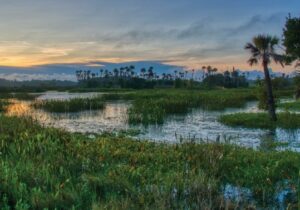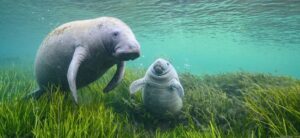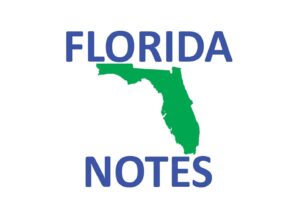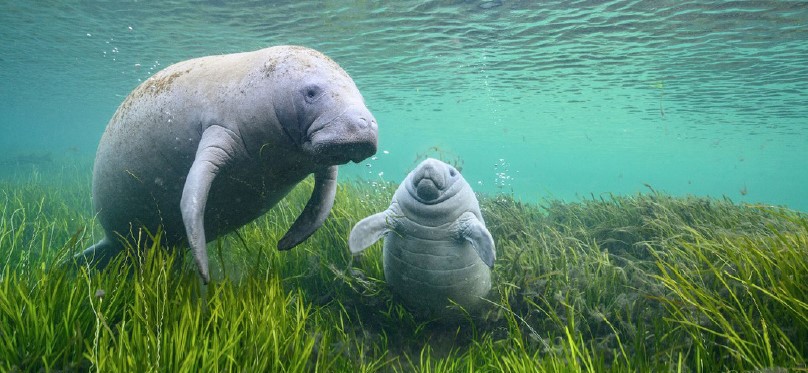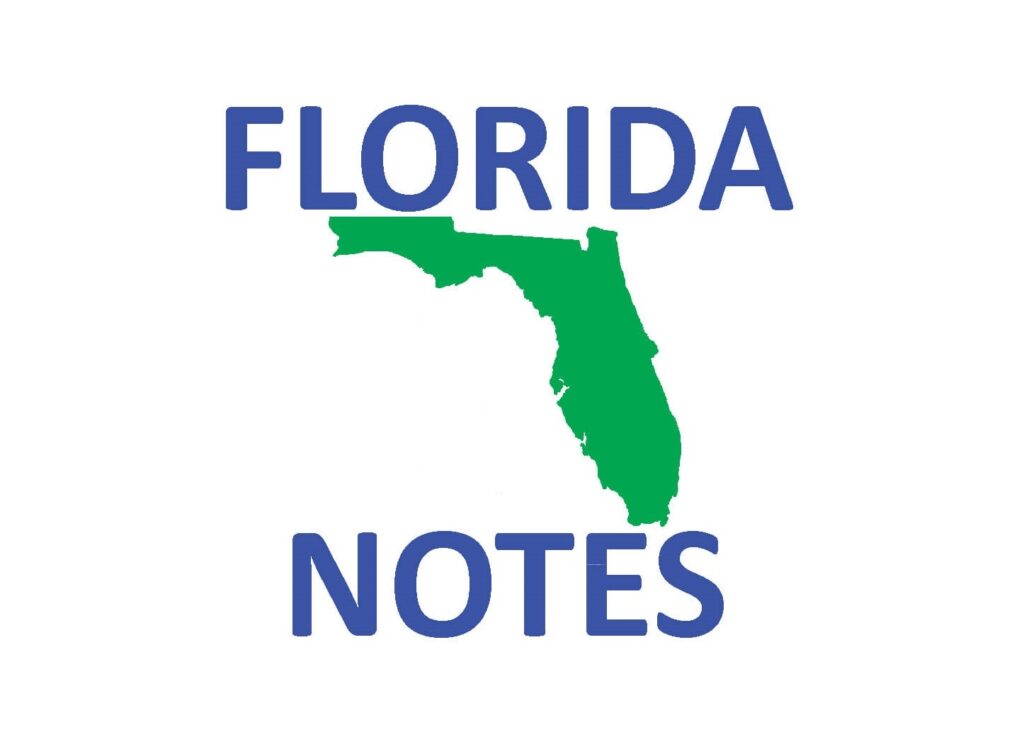By Staff Reports
Ten years ago, the Northwest Florida Water Management District first implemented a cost-share program designed to protect the water resources in the largest agricultural area of Florida’s panhandle.
Known as the Precision Agriculture Systems Solution (PASS) program, the project calls for the District to work directly with growers who operate in the contribution area for Jackson Blue Spring, which is about 60 miles west of Tallahassee in Jackson County. The goal was — and remains — to improve the quality of water in the area while reducing water usage.
Since the program’s launch in 2013, 144 projects have been implemented with 83 unique producers to date. In total, these projects have been completed on 69,935 acres.
As part of the PASS program, the District began a cost-share initiative to motivate growers to install technology upgrades that provide increased efficiency with regards to the amount of fertilizer and water used each growing season.
These upgrades focus on improving fertilizer applications, which help reduce the total amount of nitrogen needed without a loss in productivity for crops such as corn, cotton, and peanuts.
Improvements to irrigation systems may include pump upgrades, remote control systems, control panel upgrades, flow meters, end gun shutoffs, and more.
One key reason for the program’s success is in the cost-share process. The District funds 75 percent of the cost for qualified projects; producers are expected to provide a match up to 25 percent.
Since 2013, the District has contributed slightly more than $10 million in funding for cost-share projects; growers have contributed nearly $3.7 million. The PASS program has produced results.
Growers who participate in the program say they are saving money by using less water and fertilizer while also seeing increases in production. The District judges the success a bit differently, and points to a savings of about 800,000 gallons of water per day during the average annual growing season (120 days).
The program has also reduced the total amount of nitrogen used in the area by 3.2 million pounds. That means less water is being withdrawn from the Jackson Blue Spring contribution area and less nitrogen is entering the system.
In 2016, the District added a crop-based rotation project to the PASS program, encouraging producers to plant grasses such as Bermuda or Bahia in place of row crops for two years during a four-year cycle.
The rotation reduces the amount of fertilizers used and creates a better growing environment when row crops are re-introduced to the land.
The District reimburses producers to convert up to 160 acres of their land to grass. Fencing and other qualifying equipment and tools are also covered under the program with the same 75/25 breakdown. ●
For more information about the District’s PASS program, email public.information@nwfwater.com.

